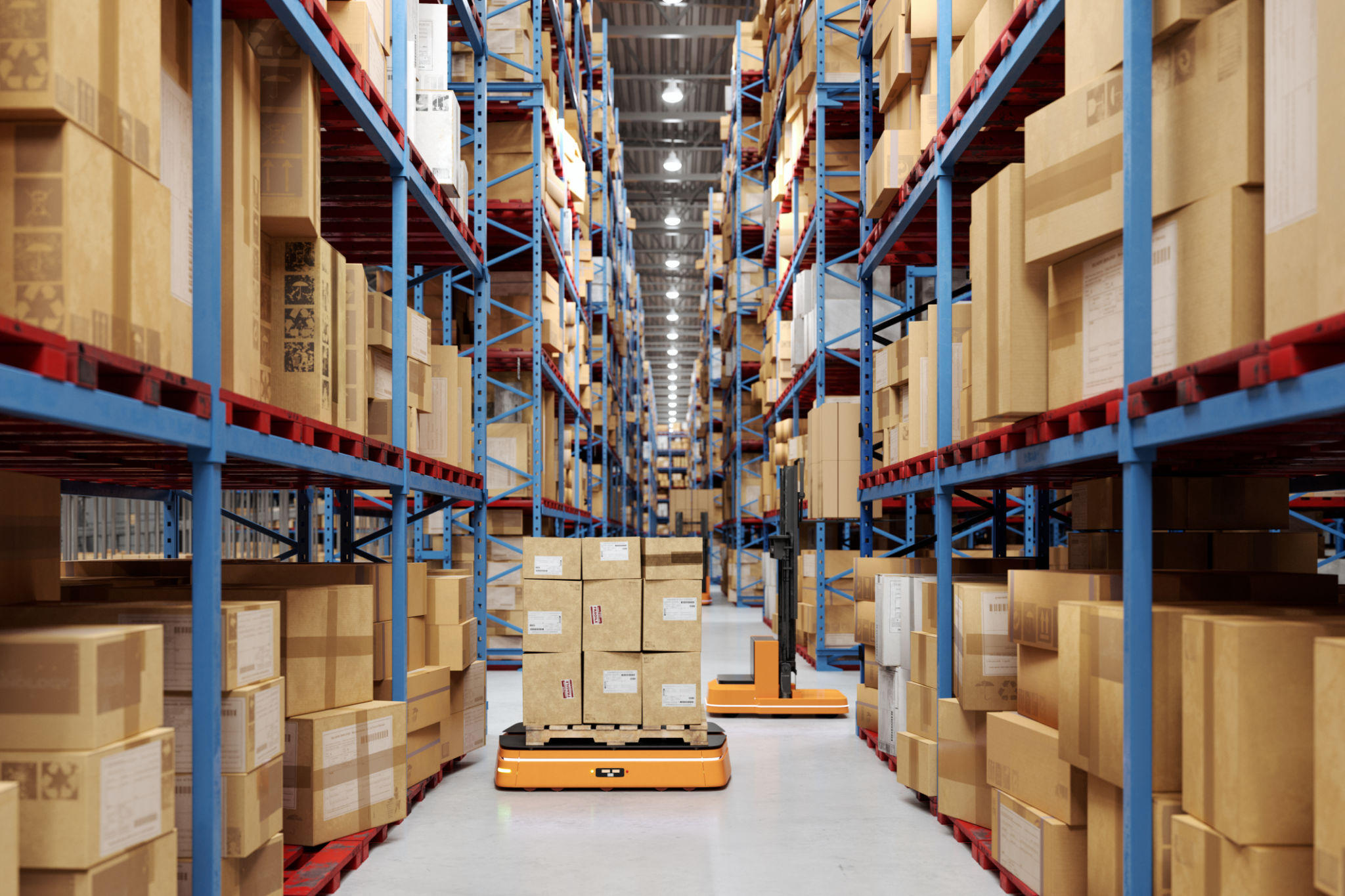Top 5 Innovations in Industrial Warehouse Construction
Revolutionizing the Industry: Top 5 Innovations in Warehouse Construction
In recent years, industrial warehouse construction has witnessed remarkable advancements, driven by the need for efficiency, sustainability, and technological integration. These innovations are transforming how warehouses are designed, built, and operated, providing businesses with enhanced capabilities and cost savings.

1. Prefabricated and Modular Construction
Prefabrication and modular construction techniques have become game-changers in the warehouse industry. By constructing components off-site and then assembling them on-site, companies can significantly reduce construction time and costs. This method not only speeds up the building process but also minimizes disruption to surrounding areas and improves quality control.
Moreover, modular construction offers flexibility in design and scalability. Warehouses can be easily expanded or reconfigured to meet changing business needs, providing companies with a competitive edge in a fast-paced market.
2. Sustainable Building Materials
The push for sustainability has led to the adoption of eco-friendly building materials in warehouse construction. From recycled steel to low-emission concrete, these materials reduce environmental impact while improving energy efficiency. Using sustainable materials contributes to achieving certifications like LEED, appealing to environmentally conscious businesses.

Additionally, incorporating green roofing systems and solar panels can further enhance a warehouse’s sustainability profile. These features not only lower energy costs but also promote a healthier environment for workers.
3. Advanced Automation Technologies
Automation is revolutionizing warehouse operations, and it starts with construction. Incorporating advanced automation technologies like robotics and automated storage and retrieval systems (AS/RS) during the construction phase ensures seamless integration with future operations. These technologies improve efficiency, accuracy, and safety in warehouse environments.
For instance, incorporating conveyor systems and automated guided vehicles (AGVs) within the warehouse layout can optimize space utilization and streamline material handling processes.

4. Smart Warehouse Design
The concept of the smart warehouse is gaining traction, with design focusing on integrating IoT (Internet of Things) devices and smart technologies. Smart warehouses can monitor operations in real-time, providing valuable data for decision-making and predictive maintenance. This connectivity enhances operational efficiency and reduces downtime.
Furthermore, smart lighting and HVAC systems can adjust automatically based on occupancy and environmental conditions, ensuring energy efficiency and improved worker comfort.
5. Enhanced Safety Features
Safety is paramount in any industrial setting, and modern warehouse construction prioritizes it through innovative features. Advanced fire suppression systems, enhanced ventilation, and intelligent traffic management systems are now integral parts of warehouse design.

Implementing these safety features not only protects assets and personnel but also ensures compliance with stringent industry standards. As technology advances, these systems are expected to become even more sophisticated, further enhancing safety protocols.
In conclusion, the top innovations in industrial warehouse construction are reshaping the industry landscape. With a focus on efficiency, sustainability, automation, smart design, and safety, these advancements are setting new standards for what is possible in warehouse development. As businesses continue to evolve, embracing these innovations will be crucial in maintaining a competitive edge.
